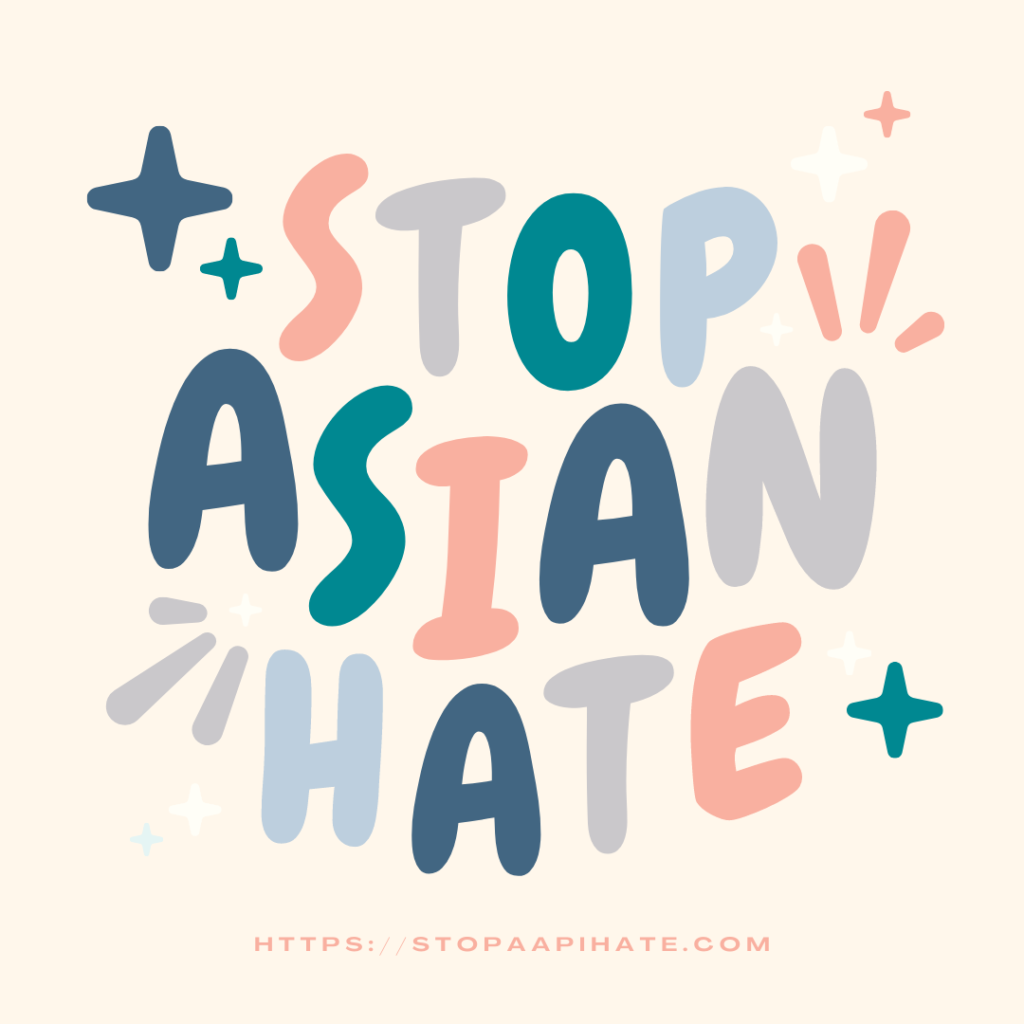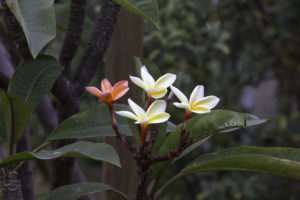I’m ashamed that I use to feel embarrassed that I am part Asian.
 I hid that beautiful part of me. And when I think back on the reasons, as a kid I was racially bullied. I distinctly remembered a neighborhood kid saying he thought it was gross that I am part Filipino. In my freshman year in high school, my Filipino friends and I had food thrown at us during lunchtime. These old bullying memories are resurfacing amid increased racially motivated attacks on the Asian American and Pacific Islander (AAPI) community.
I hid that beautiful part of me. And when I think back on the reasons, as a kid I was racially bullied. I distinctly remembered a neighborhood kid saying he thought it was gross that I am part Filipino. In my freshman year in high school, my Filipino friends and I had food thrown at us during lunchtime. These old bullying memories are resurfacing amid increased racially motivated attacks on the Asian American and Pacific Islander (AAPI) community.
Since the start of the COVID-19 pandemic, people are in fear of getting exposed to the virus that could potentially lead to death.
 Another fear among the AAPI community is racism and discrimination because COVID-19 was first discovered in Wuhan, China. The previous United States administration often referred to COVID-19 as the “Chinese virus” or “Kung-Flu”. These derogatory terms legitimized racial bullying and discriminating behavior (Kim & Shah, 2020).
Another fear among the AAPI community is racism and discrimination because COVID-19 was first discovered in Wuhan, China. The previous United States administration often referred to COVID-19 as the “Chinese virus” or “Kung-Flu”. These derogatory terms legitimized racial bullying and discriminating behavior (Kim & Shah, 2020).
A Stop Anti-Asian and Pacific Islander (AAPI) Hate Youth national center that tracks hate-related incidents against AAPI in the United States has recorded more than 2,800 between March and August 2020 (Stop AAPI Hate Youth, 2020). Racial bullying is bullying due to someone’s race, ethnicity, or culture. These aggressive behaviors may include racial slurs, racist graffiti, physical or online attacks, racist jokes, bullying through lies, or making offensive gestures (Stone & Carlisle, 2017).
People don’t realize that bullying behaviors can have traumatic and lasting effects. For not only the aggressor and victim but bystanders witnessing bullying are also affected (StopBullying. gov, 2020).
Many years later, I am no longer embarrassed. I embrace all of my ethnic heritage, and I am absolutely proud. I (we) can no longer be silent.
With the upcoming Asian American and Pacific Islander heritage month celebration in May, this year’s celebration will have more heightened awareness to celebrate these beautiful cultures.
 I have lovely memories of attending the annual Ho’olaule’a and Pacific Islander Festivals in my hometown of San Diego, CA. My family would arrive early to claim our spot on the grass: lay down our towels, set up our lounge chairs, and lather on the sunscreen.
I have lovely memories of attending the annual Ho’olaule’a and Pacific Islander Festivals in my hometown of San Diego, CA. My family would arrive early to claim our spot on the grass: lay down our towels, set up our lounge chairs, and lather on the sunscreen.
I can still smell the beautiful flower leis. And hear the powerful Hawaiian chants echoing through the park during open ceremonies. Then I would meet up with friends and watch them perform in their beautiful costumes representing their homelands.
Let’s continue to listen to our AAPI community members, let their voices be heard, and Stop AAPI Hate.
If you want to learn more about stopping hate towards the AAPI community, check out Stop AAPI Hate.
Check out the other social justice-related posts “What is a Food Desert?” and “Happy Earth Day 2021!”
With gratitude,
Tara
References:
Kiang, L., & Witkow, M. R. (2018). Identifying as American among adolescents from Asian backgrounds. Journal of Youth & Adolescence, 47(1), 64–76. https://doi.org/10.1007/s10964-017-0776-3
Kim, G. S., & Shah, T. N. (2020). When perceptions are fragile but also enduring: An Asian American reflection on COVID-19. Journal of Humanistic Psychology, 60(5), 604–610. https://doi.org/10.1177/0022167820937485
Le, T. P., Kuo, L., & Yamasaki, V. (2020). Gendered racial microaggressions, feminism, and Asian American women’s eating pathology: An intersectional investigation. Sex Roles, 83(3/4), 127–142. https://doi.org/10.1007/s11199-019-01100-5
Stone, A. L., & Carlisle, S. K. (2017). Racial bullying and adolescent substance use: An examination of school-attending young adolescents in the United States. Journal of Ethnicity in Substance Abuse, 16(1), 23–42. https://doi.org/10.1080/15332640.2015.1095666
Stop AAPI Hate Youth. (2020, August 5). Stop AAPI hate national report. https://secureservercdn.net/104.238.69.231/a1w.90d.myftpupload.com/wp-content/uploads/2020/10/Stop_AAPI_Hate_National_Report_200805.pdf
StopBulling.gov. (2020, July 21). Effects of bullying. Retrieved March 18, 2021, from https://www.stopbullying.gov/bullying/effects